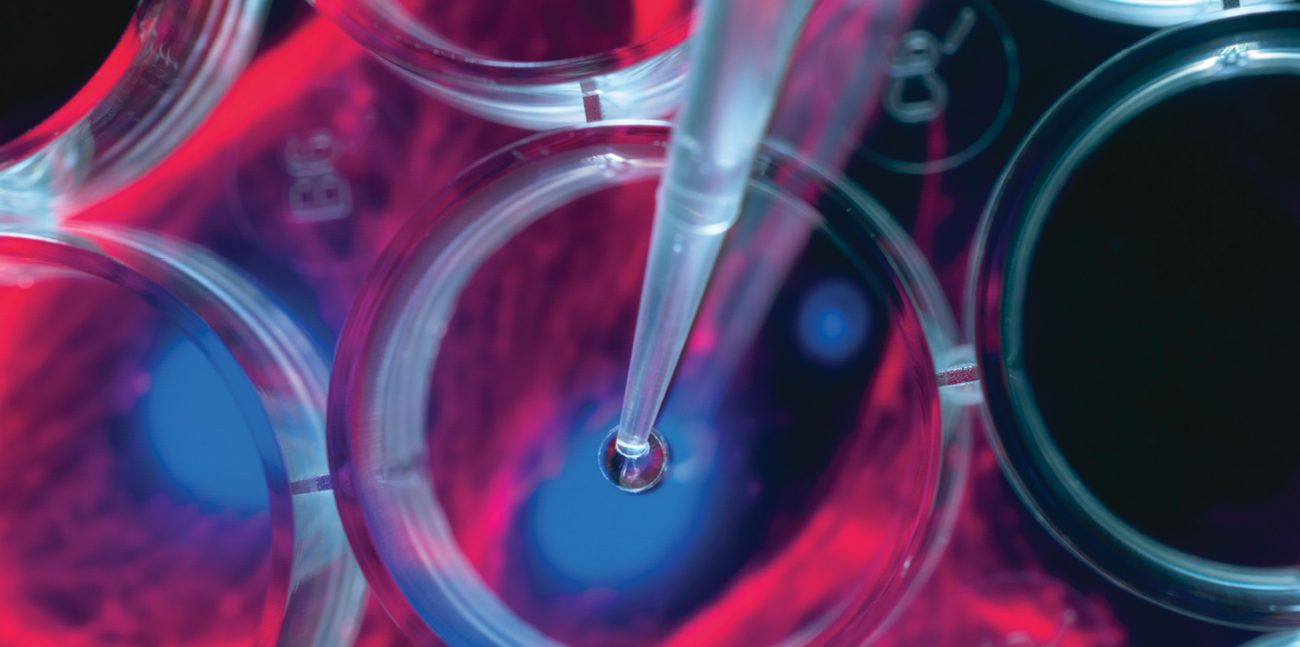
Scientists have used a powerful new tool to zero in on individual cells in a patient’s diseased organ and reveal the cells’ underlying abnormalities in gene expression—information that may allow for more-precise and more-effective treatment. The findings, made by scientists at Einstein, Montefiore, and other medical institutions, were published in May 2019 in Nature Immunology.
The study involved 21 patients with lupus nephritis (kidney inflammation), which affects half of all people who have systemic lupus erythematosus (SLE), a chronic autoimmune disease that inflames and damages tissues and organs throughout the body.
“Lupus inflammation can destroy kidney tissue and is a leading cause of death among patients with SLE,” says Chaim Putterman, M.D., the paper’s co-corresponding author, professor of medicine and of microbiology & immunology, and chief of rheumatology at Einstein and Montefiore.
The kidney biopsy has been the gold standard for diagnosing the condition, assessing its severity, and monitoring patients’ response to therapy. But it requires interpretation of stained tissue sections, which is not always sufficiently accurate for assessing disease severity or guiding treatment decisions.
By contrast, Dr. Putterman says, “we used a much more sensitive tool called single-cell RNA sequencing, or scRNA-seq, which requires only a tiny amount of clinically obtained tissue to reveal the gene expression of individual cells. With scRNA-seq, we can see the inner workings of different types of kidney cells and identify disease-associated genetic ‘signatures’ within those cell types.”
The researchers found that scRNA-seq testing of skin cells mirrored the results obtained with kidney cells—opening up the possibility that patients with lupus nephritis may one day be able to avoid kidney biopsies altogether.
“While our study focused on the kidney,” Dr. Putterman says, “we’re optimistic that scRNA-seq can potentially be similarly employed to improve on results obtained from many other types of clinical biopsies, such as those done on the prostate, breast, and skin.”